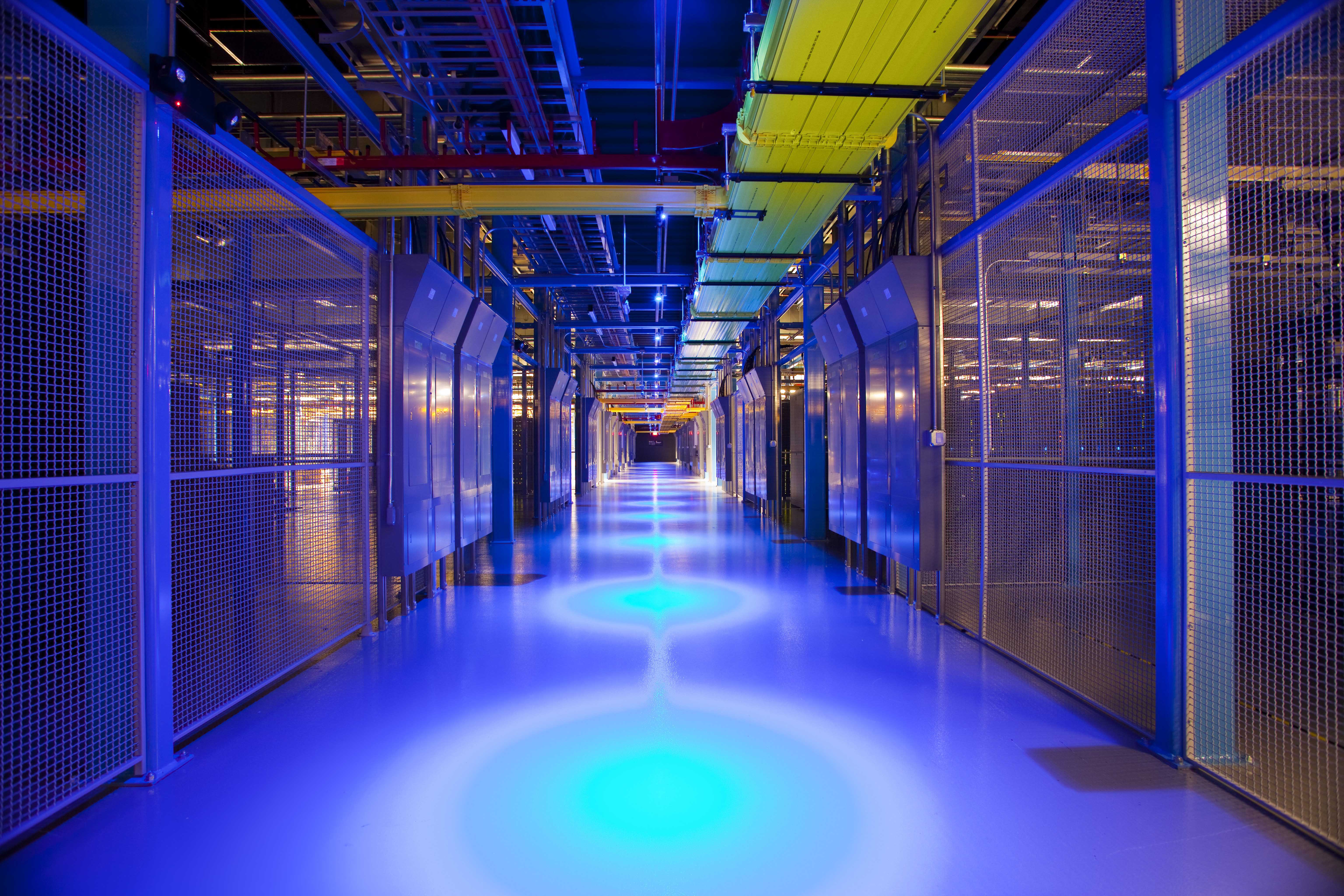30/03/2020
We are already facing the third week of home confinement, with all-time record Internet traffic figures. And the network holds. Netflix, YouTube, teleworking, tele-training, videoconferencing, WhatsApps… an unprecedented offer of leisure, culture and work that has meant that in Spain we can boast of a fiber network that many countries in our environment do not have.
But fiber optics is not the only thing responsible for the fact that the Internet is working wonderfully in our homes. A country’s digital infrastructure is the sum of the telecommunications network, the electricity grid and data centers. None of them can be conceived without the others.
So much so that the data centers have obtained the category of critical infrastructure by the Government and the technicians of the Data Centers are traveling these days to the facilities in Madrid with a safe-conduct.
No network spread across the world is unique or operator-specific. They need to have neutral data centers to interconnect with other providers. As explained by Interxion, one of the leading companies in the sector, “data centers that act as interconnection nodes are comparable to the old railway nodes of the industrial revolution”.
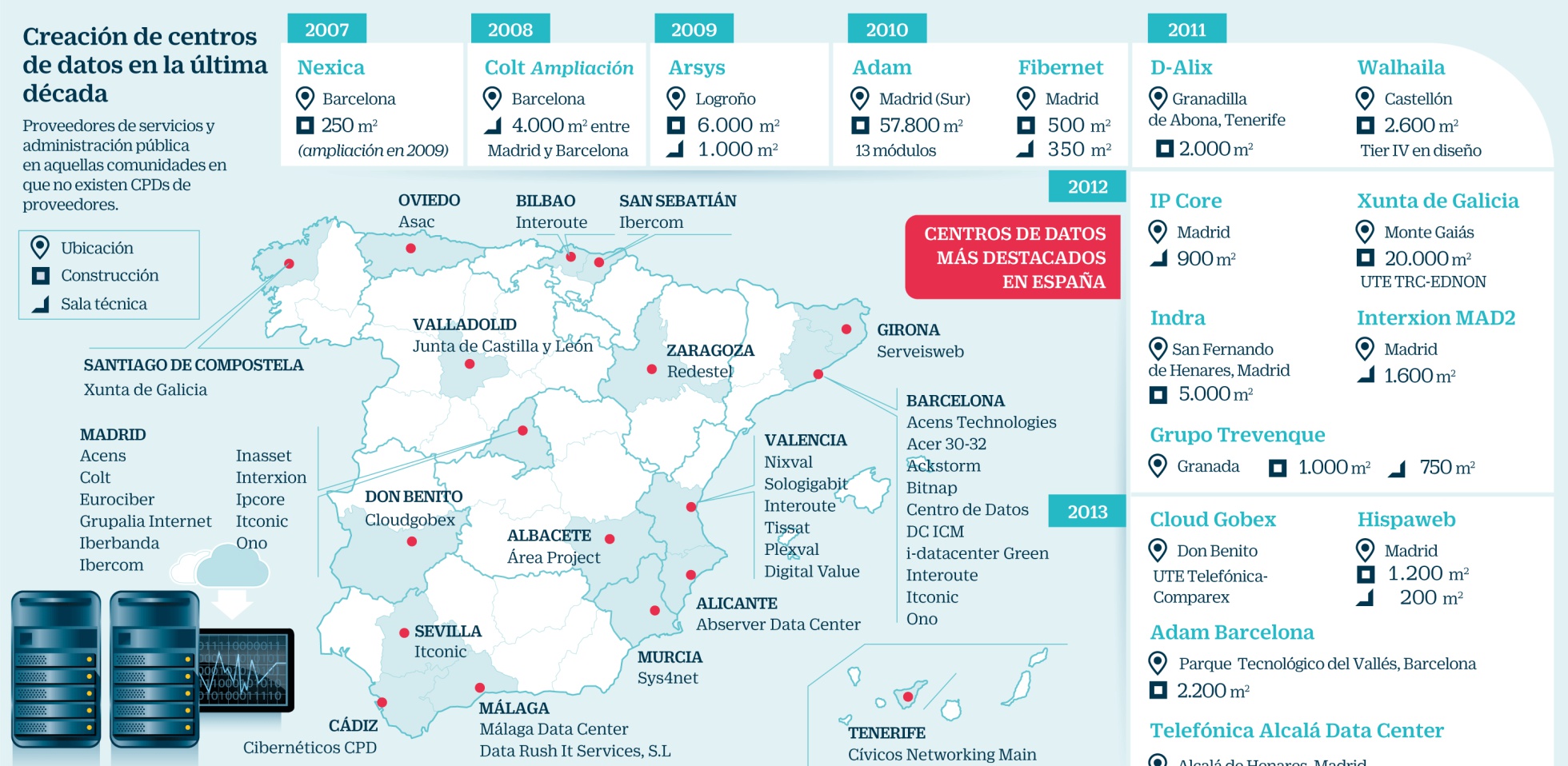
Infographic published by Cinco Días
In fact, almost all the daily actions we do (uploading a photo to Instagram, reading a WhatsApp, watching a YouTube video, looking at clothes in Zara…) go straight to the cloud, to the data centers, where large servers store and manage millions of data for the Internet to arrange and distribute the information throughout the interconnected community.
99% of network traffic goes through cables, buried and submarine, which are connected in data centers, multi-story buildings that are basically a giant computer inside. They are essential so that these days we can watch our favorite series, telework or work out at home through a YouTube channel.
And any failure in a data center can be a catastrophe for society, especially in these days of massive Internet consumption. Global Switch CEO Markel Gruber estimates that 60% of Internet traffic would be lost if a data center were to fail. “ATMs are stopped, traffic signals…, thousands of online services are stopped, and that means billions of euros in losses,” he adds.
Worse still, at a time of crisis like this, when so many people need the Internet, it would plunge the population in need of health care into permanent chaos. But all this has not happened.
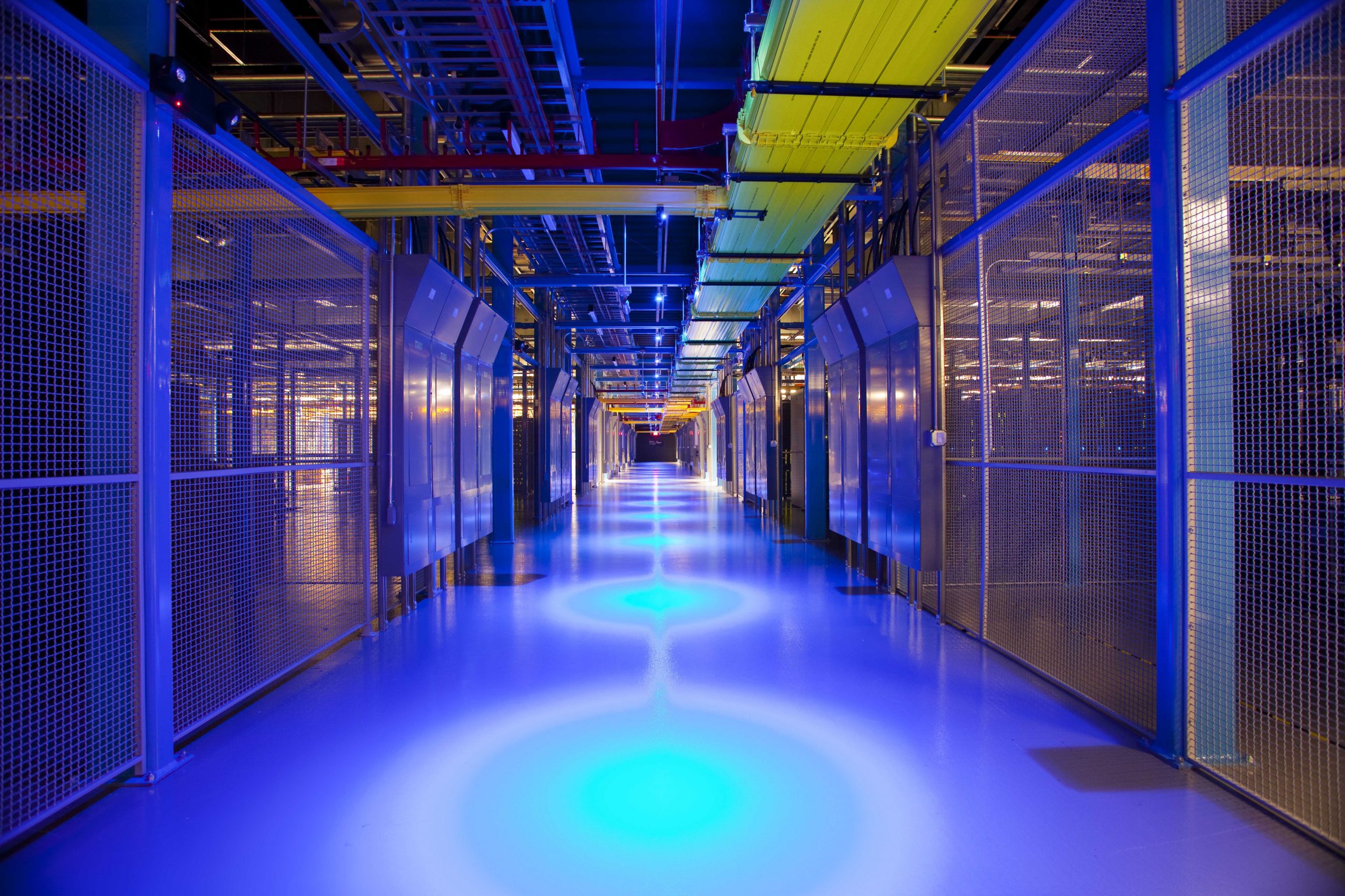
Equinix Data Center
Among other things because, as Markel Gruber points out, Spain is a key location in the international data center market. In addition to its natural connection with Europe, there are three submarine cables linking our country with Virginia (USA), Latin America (Brazil) and North Africa (Algeria). Communication with four continents has led to Spain’s inclusion in the expansion plans of the sector’s major players.
Madrid can now become the digital hub that southern Europe needs. As detailed in a report prepared by Interxion, it is one of the main interconnection and data distribution nodes within the Iberian Peninsula. The report points to both the electricity companies and the administration as necessary partners in this strategy and states that if 500 million euros were invested in the sector, this would have a return in national GDP of more than 6,000 million euros.
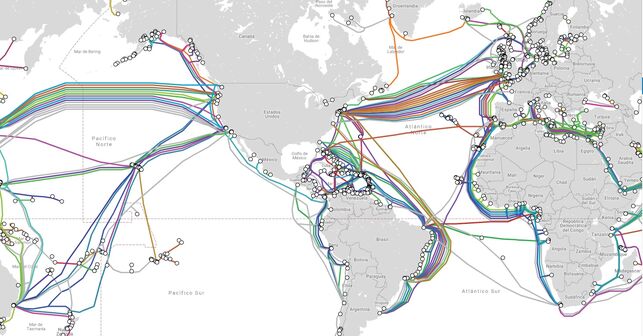
Submarine cable map TELEGEOGRAPHY
Equinix has four IBX data centers in Barcelona, Madrid and Seville and has just tightened access controls to its facilities to reduce the risk of infection by the coronavirus. And the risks are not minor. These infrastructures have become critical to society and must be protected at all costs.
Data centers have become even more critical infrastructures than before the crisis, as they support the electronic communications and digital applications needed for the proper functioning of government and business.
Without them we would not be able to take advantage of 5G, or the Internet of Things, or many artificial intelligence tools. But above all, without them we would not have endured the strong consumption peak of these days, nor the one expected in the coming days.


